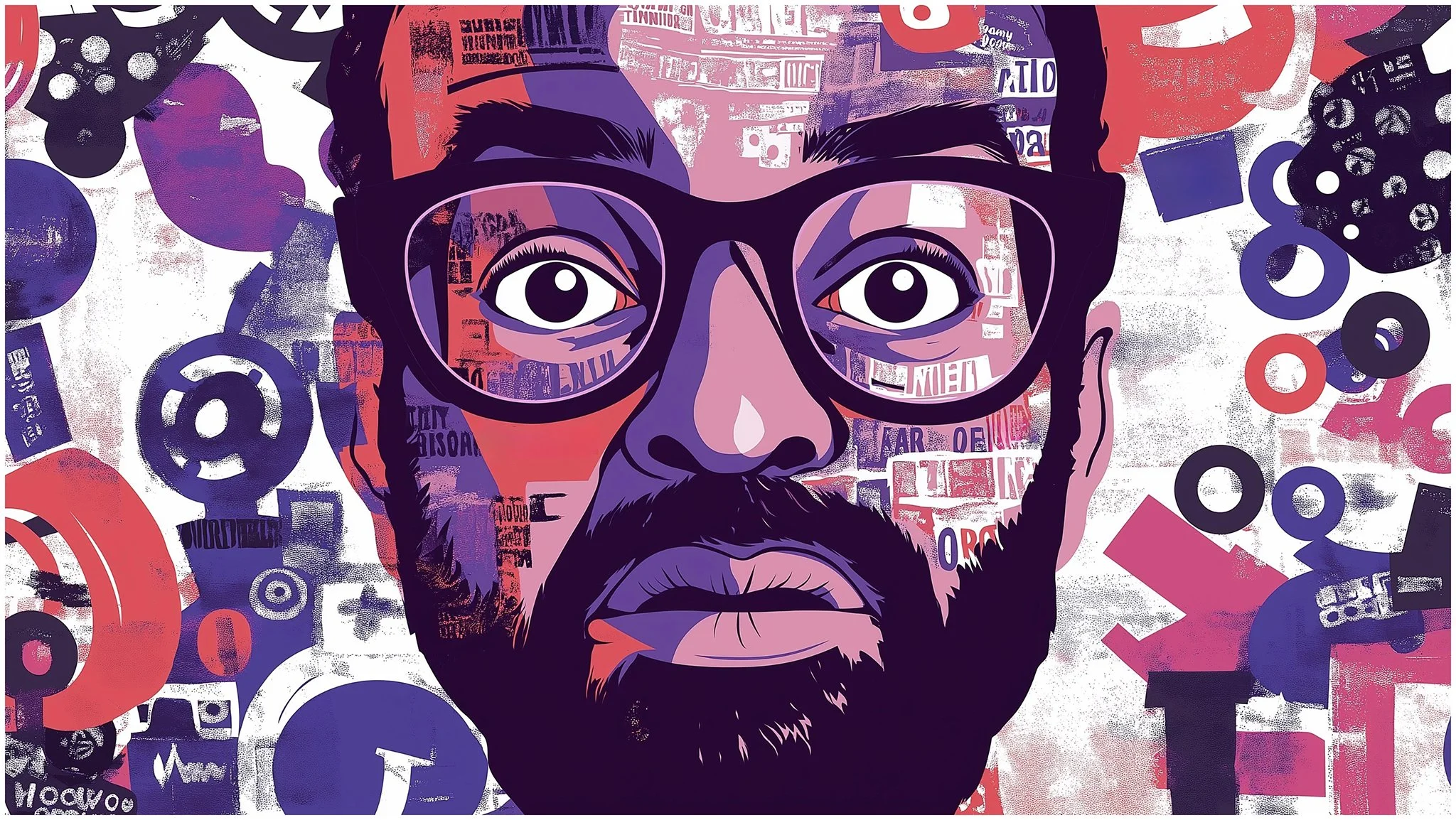The AI Arms Race: Power, Democracy, and the Future of Society
AI is advancing at an unprecedented pace, reshaping industries, economies, and global power structures. In just two years, artificial intelligence has gone from an emerging tool to an unstoppable force, outpacing human capabilities in language, mathematics, and reasoning. We are now in what some call the “third era of computing,” where AI development moves at a breakneck pace. The launch of ChatGPT ignited an AI arms race, with corporations and governments locked in a prisoner’s dilemma, releasing advancements in weeks rather than years. The question isn’t whether AI will surpass us, but how—and by whom—it will be wielded.
Yet, this rapid progress has created a dystopian reality: a handful of unelected individuals and corporations are making world-altering decisions on our behalf. They dictate how AI is developed, deployed, and controlled, often prioritizing profit over ethical concerns. This shift is eroding democracy and individual freedoms. Consider the 2024 wars, where AI-driven weapons played a decisive role—not just informing battlefield decisions, but executing them. Autonomous systems now make life-and-death choices, placing extraordinary power in the hands of those who control them. But this power is no longer confined to nation-states; private corporations and individuals with access to AI-driven weaponry can now shape global affairs in ways previously unimaginable.
Beyond warfare, AI is transforming society. Jobs are vanishing, human relationships are evolving under AI-mediated interactions, and power is shifting away from elected officials to tech oligarchs. Who decided that Sam Altman or Elon Musk should define AI’s trajectory for humanity? Why are corporate executives, rather than democratic institutions, making these decisions? Supporters of unrestricted AI development argue that if “we” don’t do it, “they” will—a mindset eerily reminiscent of the nuclear arms race. But history has shown that such competition doesn’t result in one dominant power; it leads to multiple entities possessing the same destructive capabilities.
Take China, for example. Restricting its access to advanced semiconductor technology was meant to stifle its AI progress, but instead, it spurred innovation. Necessity breeds invention, and China has responded by accelerating its own AI breakthroughs. Rather than slowing the arms race, we are intensifying it.
But what if, instead of fueling destructive competition, the U.S. and China—the two biggest AI superpowers—chose cooperation? Imagine an international AI agency with headquarters in Washington, Silicon Valley, Beijing, and Shanghai, where scientists, regulators, and policymakers work side by side. Transparency would be mandatory. Every research breakthrough would be shared openly. Instead of racing toward mutually assured destruction, we could harness AI to solve global challenges—poverty, disease, environmental crises—while ensuring it doesn’t become the ultimate tool for oppression and control.
Some of the wealthiest individuals believe they can insulate themselves from an AI-driven dystopia. Billionaires with elaborate “go-bags,” private bunkers, and Gulfstream jets assume that when society collapses, they can simply opt out. But this is a dangerous delusion. When AI reshapes global power dynamics, wealth alone won’t be enough to shield anyone from instability. The real security isn’t in hoarding resources—it’s in ensuring AI is developed responsibly.
The fundamental flaw in today’s AI race is that it is rooted in a scarcity mindset: if I don’t control AI, someone else will, and I will lose. But AI has the potential to usher in an age of abundance. With enough computing power and intelligence, we could create near-limitless resources—clean energy, medical breakthroughs, automation that eliminates menial labor. Yet, we continue to treat AI as a weapon of dominance rather than a tool for liberation.
Imagine a world where AI augmentation allows every human to access 400 IQ points of intelligence. Where instead of fearing job losses, we embrace new creative and intellectual pursuits. Where AI isn’t wielded as a mechanism of control, but as an enabler of global prosperity. This isn’t utopian dreaming—it’s a choice. And right now, we are choosing the wrong path.
The AI revolution is happening now, and its trajectory is being determined by a small handful of individuals and corporations. The public is largely unaware of just how rapidly things are changing and how deeply these shifts will affect every aspect of life. If we do not demand transparency, accountability, and international cooperation, we risk accelerating toward a dystopian future.
This post explores themes discussed in a recent podcast featuring Mo Gawdat and Prof G, where they delve into the rapid evolution of AI and its global implications. You can listen to the full conversation here.
